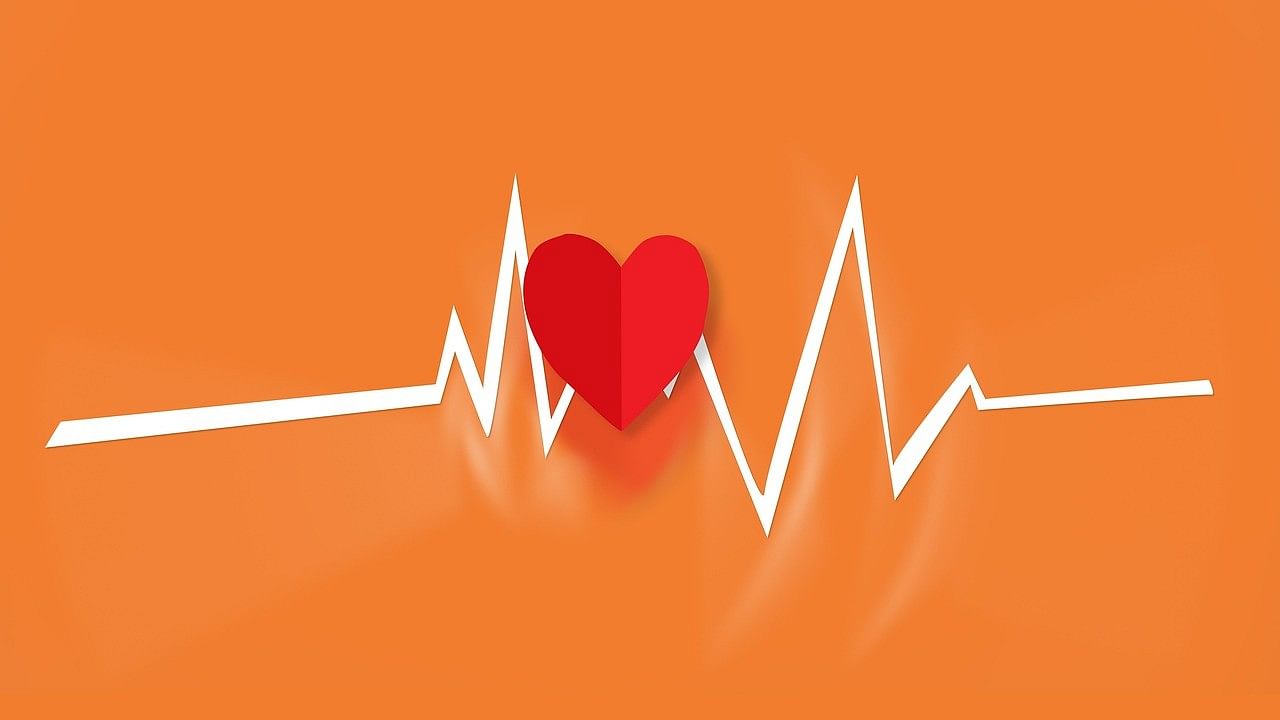
Representative image.
Credit: Pixabay Photo
A handful of companies are now offering continuous home-based monitoring and management of certain health conditions, which can help reduce complications and hospitalisations.
The services are for people who have pre-existing conditions like cardiac issues or diabetes or are recovering from surgery.
The companies offer wearable devices that monitor the patient’s specific condition, and the data is then analysed by AI tools in the back end. In case of any immediate problem, the system can even alert the doctor directly for a virtual consultation to address the issue immediately.
At one such clinic chain RxDx, doctors suggest wearable devices for patients with certain conditions, especially heart-related problems. “For example, patients with heart rhythm abnormalities may wear a cardio beeper which can alert the doctor if the data is abnormal,” says Dr Sunita Maheshwari, Managing Director of RxDx.
Otherwise, the doctor can check the monitoring reports when the patient visits the clinic the next time. The chain has 30-40 patients on continuous monitoring per month.
Another company BeatO has around 20,000 users in Bengaluru who use remote monitoring services for diabetes. The service includes a dongle-like device, connected to a smartphone, on which a drop of blood can be put for blood glucose reading.
“If the AI tool identifies an immediate concern like hypoglycemia, the company’s virtual team of doctors contact the patient and caregiver, provide teleconsultation and advice about future management. The patient can also opt to alert their own doctor,” says Gautam Chopra, founder of BeatO.
Another player Tricog Health has partnered with two private hospitals in Bengaluru to remotely monitor patients discharged after major events like heart failure or surgery.
“The monitoring would be for a minimum of six months. About half the patients who had heart failure tend to get re-admitted within 1-3 months due to complications. Remote monitoring can help avoid this," says Dr Charit Bhograj, founder of Tricog Health.
IISc professor Dr Phaneendra Yelavarthy says, “About 30 per cent of consultations coming to doctors are considered unnecessary. India has only 1.2 hospital beds per 1,000 people, meeting only half the requirement prescribed by the WHO. Remote monitoring can reduce OPD consultations and hospitalisations, and hence the load on the healthcare system.” However, he says the home monitoring segment is not growing as much as the wellness segment, since the user pool is smaller.